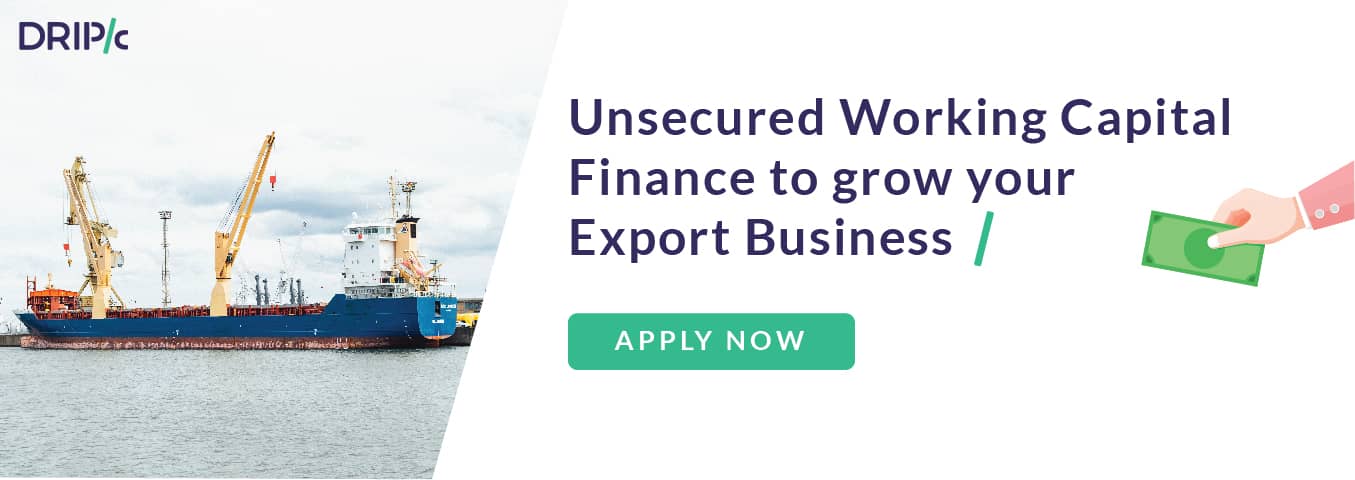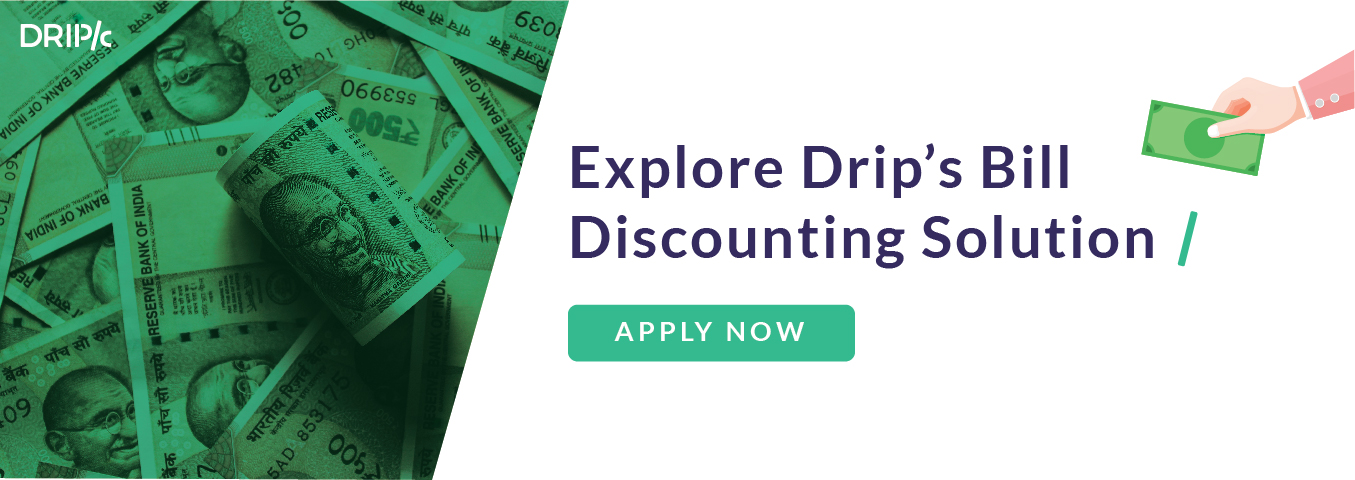The Marine Products Export Development Authority (MPEDA) promotes the Indian marine industry with a special focus on the export of their products. It was set up through a Statute of Parliament in 1972 and is a re-emergent form of the erstwhile Marine Products Export Promotion Council.
The primary expectation from the organisation is the development and propagation of all efforts and resources to promote the export of aquatic animals and plants, which are notified in the Gazette of India as marine products for the purpose of the MPEDA Act.
Role and objectives
Formed with the aim of expanding and sustaining the commercial prospects of marine products for both domestic and overseas markets, MPEDA plays a key role in the industry.
It is the nodal agency that makes recommendations such as setting the standards for fishing vessels, storage facilities, processing setups, and conveyances implemented by the Indian government.
It focuses on the market promotion of marine products, fisheries development, processing infrastructure development, quality assurance, and research and development.
It has the power to regulate the export of marine products and take such measures to maintain quality.
It collects and shares trade information and promotes Indian marine products overseas.
It initiates training programmes for fishermen, processing personnel, aquaculture farmers, etc. It also promotes awareness and training through the Network for Fish Quality Management and Sustainable Fishing (NETFISH) and the National Centre for Sustainable Aquaculture (NaCSA).
It works towards the sustainability of aquaculture through the development of hatcheries, farms, technological upgrades, diversification of species etc.
It carries out inspection of marine products to find out more about its quality, the acceptability of the processing and production techniques, the need for training and guidance, and to identify room for improvement.
Benefits of registering with MPEDA
Apart from imparting training and resolving disputes, the MPEDA also offers various certifications, including registration. Exporters, farmers, and trainers can get themselves registered with it and avail of the benefits. MPEDA provides a registration cum membership certificate (RCMC), which is compulsory for any exporter.
You can also register with MPEDA as an exporter of marine products. There are product-specific catch certificates and other certifications. An MPEDA-affiliated exporter becomes a part of the network that benefits from MPEDA’s training programmes and certifications, promotional activities, data dissemination, technical support, financial assistance, subsidies etc.
How to register or get an RCMC online?
If you are interested in getting yourself registered with the MPEDA, please visit their online registration page
- On the top left-hand corner, you will see a link that says: ‘New User? Click Here’.
- This takes you to the online user website registration form. Fill the form and save it, and it will send an automated link for creating your username and password to your email address.
- Once you create your username and password, you can log in by clicking on the ‘Sign in’ link.
Documents required for RCMC
Next, you have to provide the documents necessary for registration, which include:
Partnership deed of the firm/MOA and AOA
Applicant and/or director’s/partner’s residence and identification documents
Projects undertaken by the export entity
Detailed Project Report (DPR)
Total investment made
Details of foreign trade agreements
CA-certified financial statements for the last 3 years
SSI registration number
EIA code for the registered plant
Emission and other compliance certifications
Layout of the plant facility
The submitted documents are validated by the MPEDA, after which the registration certificate is sent to your email address. This certificate is valid for five years, and you can renew it two months before it expires.
Subsidies and schemes for exporters
MPEDA is committed towards its efforts for the promotion of marine products of India. This includes initiating and coordinating various schemes for marine exporters. Some schemes and subsidies undertaken by MPEDA in recent times are highlighted below:
Installation of storage facilities like insulated fish hold, ice-making machine etc. Financial assistance is offered for cold chain development, and this done through subsidised distribution of insulated fish boxes, acquisition of refrigerated trucks or containers, construction of new large cold storage containers, setting up or renovation of ice plants etc.
Subsidy schemes for new as well as existing exporters for the creation of infrastructure facilities for marine products in frozen, dried, chilled, or fresh and live conditions.
Technical and financial assistance for new area development for shrimp and scampi culture.
Financial assistance for setting up common facilities for small farmers in order to promote sustainable shrimp culture practices.
Subsidy scheme of up to 50% of the capital investment required for the setting up of ornamental fish breeding units.
In a tie-up with United India Insurance, MPEDA is also involved in a scheme aimed at providing group insurance to those employed in the seafood processing and pre-processing sector.
Organisational structure/offices
The MPEDA organisational structure comprises five distinct subheads:
Trade promotion officers, with personnel posted in overseas stations in Tokyo and New York
Regional officers spread across regional and sub-regional offices
Regional centres, currently numbering seven, with sub-regional centres under them
Quality control laboratories in Bhimavaram, Kochi, Nellore, and Bhubaneshwar
Societies – Currently, there are three societies formed by the MPEDA:
Rajiv Gandhi Centre for Aquaculture is engaged in research and development activities, and in identifying innovation and new technology needs and possibilities.
NETFISH extends education programmes in areas such as capturing, quality control, sustainable fishing techniques, conservation etc.
NaCSA is also engaged in education programmes in areas like the culture fisheries sector, quality upgrades, capacity building, crop planning etc.




